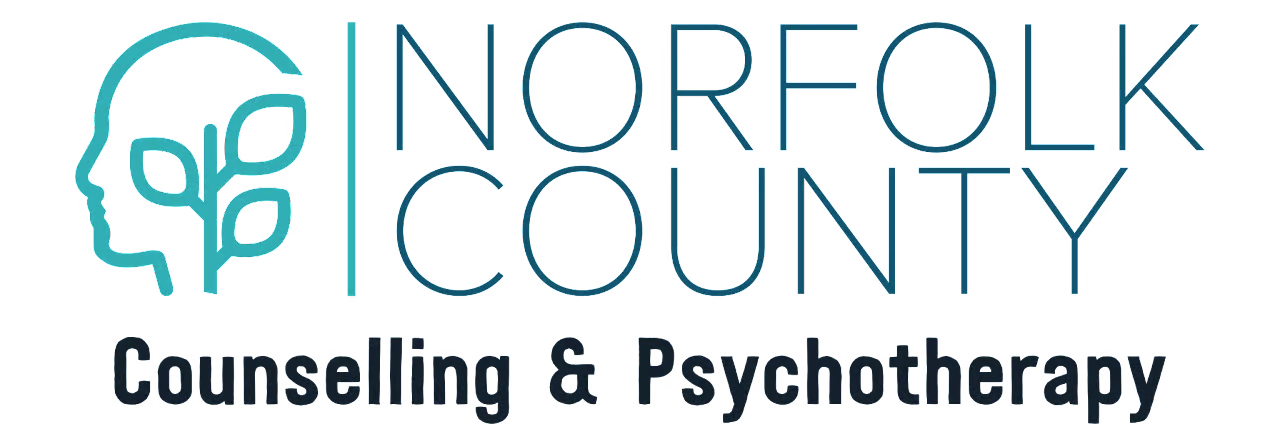What’s the Deal with Online Therapy Anyway?
Written by: Avril Ferguson, BA, MACP, Registered Psychotherapist
I’m sure that most of us can remember March 2020 like it was yesterday. We had just heard here and there about the pandemic, but had no idea what was to come. We just need to stay inside for two weeks for this to pass, right?
Many of us were thrust into a world where we depended largely on virtual technology to do groceries, work, get medical care, and socialize. Luckily, therapists were pretty easily (for the most part) able to shift their practices to online or phone. This allowed people to access mental health care and still be able to see the face of your therapist without the barrier of a mask.
Don’t get me wrong, there were growing pains. Many people (clients and therapists alike) had a difficult time with internet connections. Even being able to get a second away from the people you live with was a barrier. I get it, it was super awkward trying to do therapy with your kids, roommate, or spouse in the room beside you.
However, as the shift became the norm, many people become more open to the idea and even preferred virtual care. No driving to appointments? No looking for parking? I get to sleep until 1 minute before my appointment. Sign me up.
Now here we are almost 4 years later and online therapy is definitely here to stay. If you are unsure if you would like to do a virtual therapy or stick with traditional in-person, let me help you decide.
Here are some of the most common questions that we get asked about Online Therapy:
Is there a benefit of doing a complementary consultation?
One of the bigger barriers that we see for people trying to find a therapist is finding the right fit. Deciding to go to therapy can be stressful enough and trying to find someone that you fit with can seem even harder. I get it, you don’t want to pay for a first session just to find out that you aren’t keen on your therapist, for whatever reason. When we do a free consultation, we can either match you with a therapist we think would be a good fit, or you can speak with the therapist of your choosing yourself and decide from there. We want you to feel better and the biggest determining factor in client outcome is the relationship between you, the client, and the therapist.
We use this system because it gives us, and you, the ability to find someone who works for you that you feel comfortable with. If you aren’t comfortable after the complementary consultation, you are welcome to have a complementary consultation with someone else. Fit matters, and so do you.
What are the pros and cons to online therapy?
The pros of online therapy generally outweigh the cons for most people and the research supports this. With online therapy you are still getting the one-on-one support and individualized care of a therapist just like in person. With online care all you need is accessibility to a phone or device (tablet/computer), and a good connection (pun intended).
Even for our clients who are within driving distance, we encouraged you to try online therapy at least once. Obviously, this is up to you, but we think it’s worth a try! It might feel weird, or different the first time but you can know that your therapist is still just as emotionally available to you as if you were in the room with them.
How do you make sure the sessions are confidential, secure, and private?
Whatever the setting is, online or in-person, all therapists are obligated to keep confidentiality and security as a top priority. Therapists are regulated by laws and ethics that require them to do so. When a therapist is providing online therapy, they are also required to have a private space to provide you therapy. We take this very seriously.
Our digital online therapy software adheres to all provincial regulations and laws (PHIPA and PIPIEDA).
In short, the safety of your information is important and we follow every rule, regulation, and law to maintain your privacy and confidentiality.
If you are on the fence, reach out to us and we can answer any questions that you have. You can also take comfort in the fact that you can switch to in-person therapy or a blend of online and in-person at anytime. We are here to work with you.

